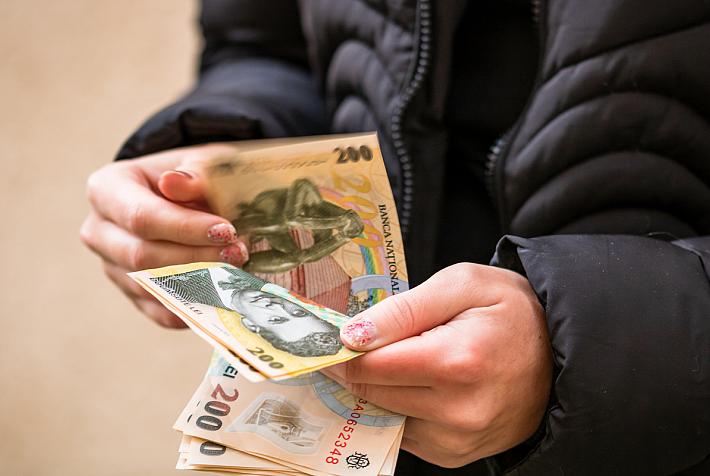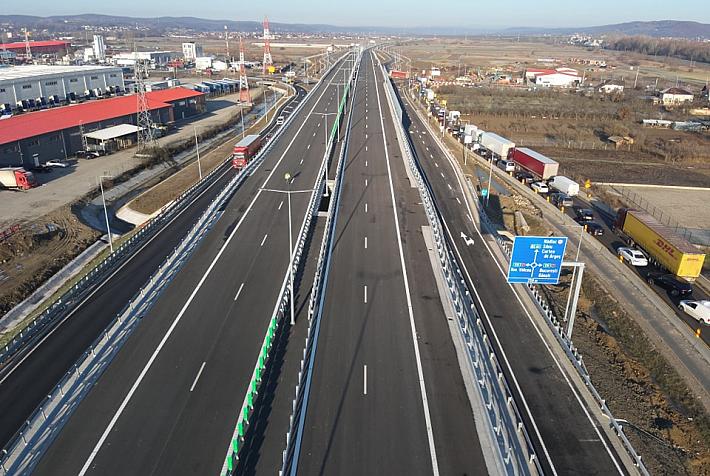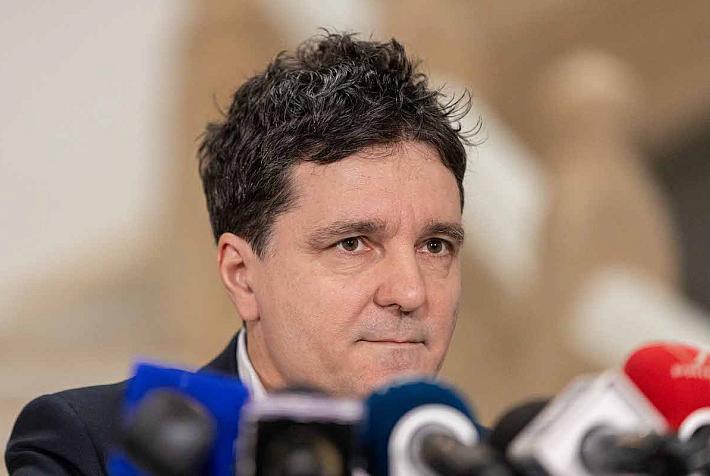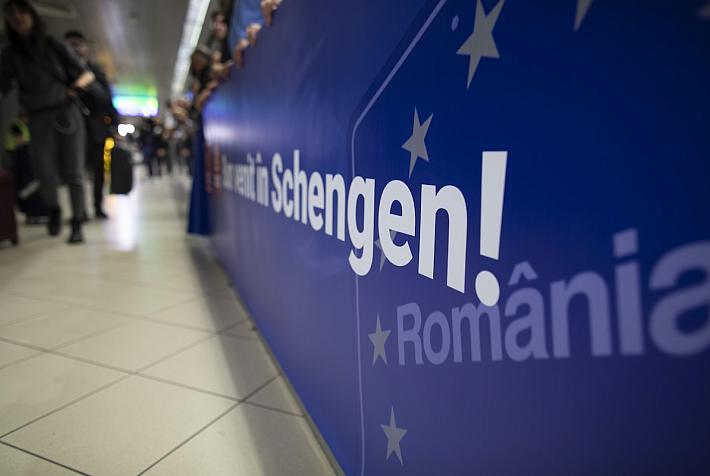Romanian president rejects memorandum with IMF on higher excises, both new IMF deal and 2014 budget delayed

Romania's new memorandum of understanding for another precautionary deal with the International Monetary Fund (IMF) seems to be in uncertain waters. A series of high level official decisions and statements recently caused concern about whether the country still has an ongoing deal with the international financier, and about Romania's expected higher cost of borrowing money from the free market.
First, Romanian president Traian Basescu said late on Monday (December 2) that he did not approve the memorandum of understanding with the IMF because of the excises price increase. It is for the first time when the president rejects a memorandum with the IMF.
He said he already announced the IMF of his decision, and believes the excise increase should be a new negotiation front with the IMF at their January visit. Basescu said the measure to increase the excise is anti-economic, as it prevents the country from registering economic increase. “The Government does not need this measure. This measure will affect pensions more than the expected 3 percent increase,” the Romanian president explained his position.
“It is for the first time that I reject a memorandum. But the Government also negotiated without my mandate, so I cannot be asked to validate with my signature something they have negotiated,” Basescu added.
The memorandum should have been discussed by the IMF board in December, but under the new circumstances, it may be discussed by the board only in March 2014.
This led to a situation where Romania does not have an ongoing deal with the IMF, according to the Romanian Prime Minister Victor Ponta. The information was reinforced by the Budget Minister as well, Liviu Voinea, who said the agreement with the IMF is not officially suspended, but it is not active either. He explained that the gasoline excise increase was the least costly option for Romania, which affected the population the least.
“The cost increase for Romania's loan is higher for us if Romania does not have a budget in the beginning of January and if it does not have an agreement with the IMF,” Voinea explained, referring to the delays in approving the budget, and to the money the country hopes to attract form the market, which may come at a higher interest rate after such events.
Romania recently benefited from considerably lower loan costs, but the recent developments are likely to “considerably affect the country, which will get more expensive loans if it does not have a budget on January 1” Voinea explained. The higher excises included in the IMF memorandum are also included in the 2014 budget, so a refusal to increase excises affect both, especially since the 2014 budget was negotiated with the IMF in its current form.
Voinea also said that Romania will probably not get the first tranche of the cautionary loan from the IMF and a new deal with the IMF will probably be pushed back to March. “Nobody wants the tax, but it was the way to draft the budget and be able to borrow cheap, because this is what the IMF and European Commission agreement means,” Voinea further explained.
The gasoline excises will be up by 20 percent in 2014, and the measure is expected to bring some EUR 680 million to the state budget. The no lead gasoline excise will be up from EUR 467/ton to EUR 558/ton, or from EUR 359/1,000 litres to EUR 429 per 1,00 litres. The excise on diesel will go up from EUR 391 per ton to EUR 473 per ton, or from EUR 330/1,000 litres to EUR 400/1,000 litres. In Europe, the gasoline excises are expressed in price by ton, which is then transformed into prices by 1,000 litres.
Romania received a EUR 13 billion loan from the IMF in 2009, and a EUR 5 billion loan from the European Commission. Later in 2011, the country entered an agreement for a cautionary loan, and the new talks in December would have been for another cautionary loan, where the country does not draw on the money, similarly to the 2011 one.
editor@romania-insider.com












